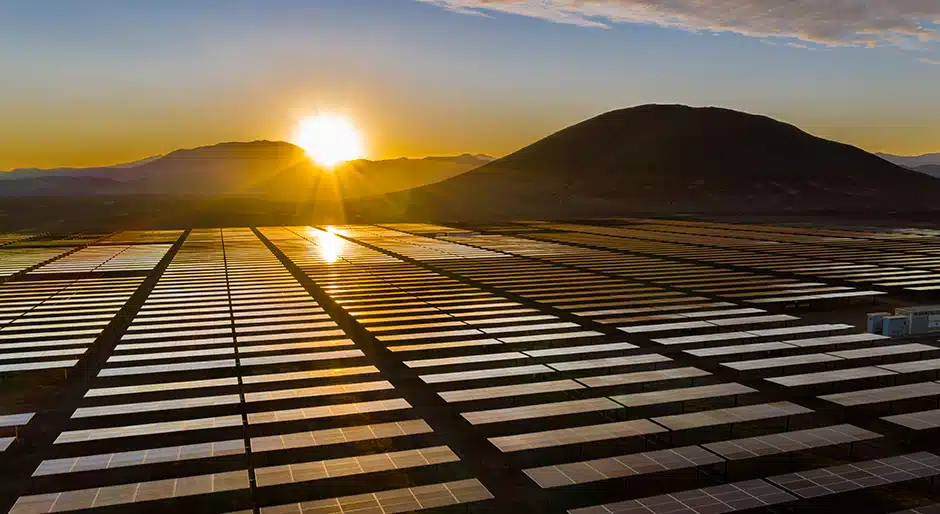Recently, SUSI Partners, which is acting on behalf of its SETF fund, bagged debt financing for Chile’s 107 MW portfolio of solar projects.
It is said that they entered the financing deal with the Banco de Credito e Inversiones (BCI), one of the Chilean bank’s branches based in Miami. The bank is not only acting as the lender but also as an administrative agent. The deal also involves the Norwegian financial services group, DNB.
Also read: Latest Updates on Mammoth Solar Project in Indiana. USA’s next largest solar project
With the whole portfolio expected to be fully working by the end of 2024, the greenfield distributed projects are currently under construction. The projects are said to benefit from steady prices under the PMGD regime in Chile.
SUSI acquired the portfolio of solar projects as part of the deal entered into with BIWO Renovables. BIWO Renovables is a green energy developer based in Chile. It has a lot of experience in carrying out distributed green energy projects.
Who holds Chile’s portfolio of solar projects?
The portfolio of Chile is held by SETF, the evergreen energy transition fund’s flagship from SUSI. It also holds a portfolio that is widely spread across OECD countries. This includes the production of clean energy, battery energy storage, energy efficiency, and customer energy solutions. It also provides the infrastructure needed for electric vehicle charging.
SUSI is looking to grow itself further in the Chilean clean energy market over the coming years through the partnership. It is said that currently, the market is rapidly growing.
SUSI shows its commitment through its projects to best practice the standards of ESG. This is a crucial factor when it comes to obtaining debt financing from reputable financial organizations.
SUSI and BIWO are also actively engaging with local people, prioritizing local suppliers, and making up for the temporary agricultural losses. They are also urging people to reuse and recycle construction materials.

Leave a Reply